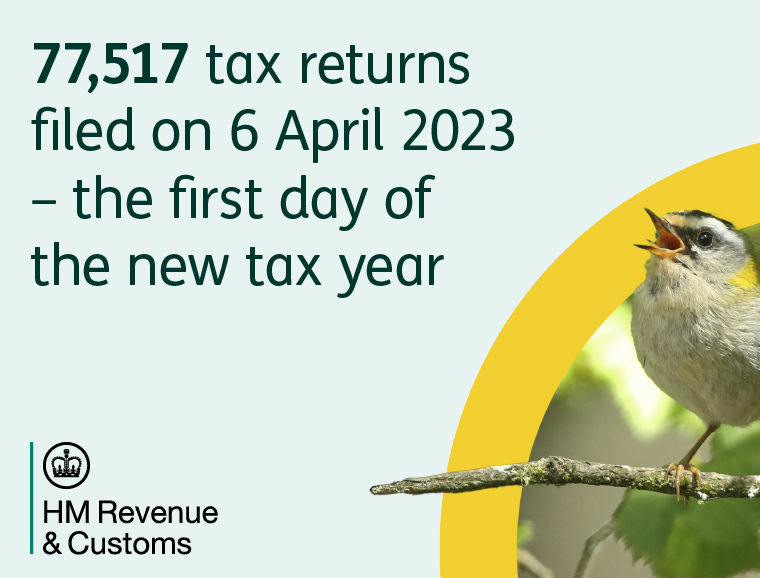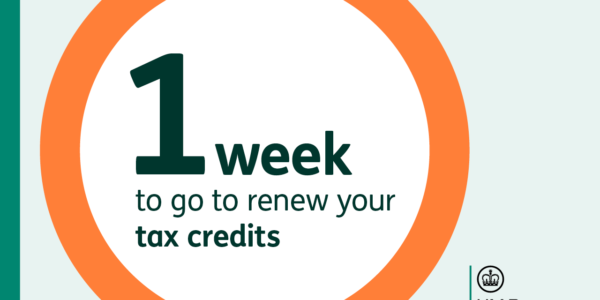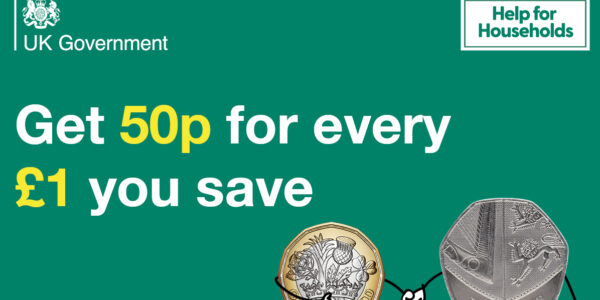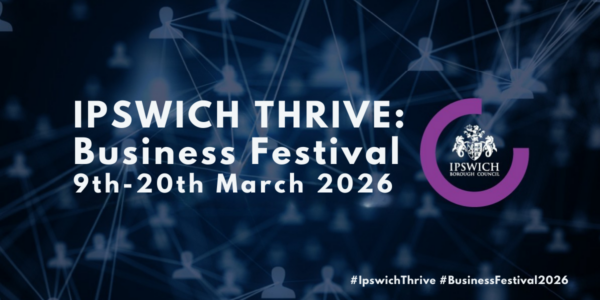Number of Self Assessment customers who file early doubles in 5 years
19/05/2023 - HMRC

The number of Self Assessment customers who choose to file their tax return on the first day of the tax year (6 April 2023) has more than doubled since 2018, HM Revenue and Customs (HMRC) has revealed.
More than 77,500 customers submitted their tax return for the 2022 to 2023 tax year on 6 April 2023, compared to almost 37,000 customers on 6 April 2018.
The deadline to file tax returns for the 2022 to 2023 tax year is 31 January 2024 and customers have been able to submit theirs since the start of the new tax year.
By completing their Self Assessment early, customers have avoided the stress of last-minute filing – something which encouraged more than 860,000 customers file their tax return for the 2021 to 2022 tax year on 31 January 2023.
Visit GOV.UK to find out more about Self Assessment and how to file a tax return for the 2022 to 2023 tax year.
Myrtle Lloyd, HMRC’s Director General for Customer Services, said:
“Filing your Self Assessment early means you can spend more time building your business or doing the things that you enjoy and less time worrying about completing your tax return. To find out how you can start yours and get help with budget planning, search ‘Self Assessment’ on GOV.UK.”
Customers can find out sooner if they are owed money. Once they have submitted their tax return for the 2022 to 2023 tax year, HMRC will let customers know as soon as the return has been processed and arrange for any overpayment to be refunded. Customers can also check if they are due a refund in the HMRC app once they have filed their return.
Customers who file early also benefit from knowing how much tax they owe and can set up a budget plan to help spread the cost and manage their payments. The Budget Payment Plan allows customers to choose how much and how often they want to pay – putting them in control of managing their bill.
Taxpayers can check if they need to complete a tax return by using the free online tool on GOV.UK. They may need to do Self Assessment if, for example, they:
- are newly self-employed and have earned over £1,000
- are a new partner in a business partnership
- have received any untaxed income
- are claiming Child Benefit and you or your partner have an income above £50,000
HMRC has updated guidance on filing tax returns early and help around paying tax bills on GOV.UK.
It is important that customers let HMRC know if there are any changes in details or circumstances such as a new address or name, or if they are no longer self-employed or their business has closed down. They should not assume someone else will update HMRC on their behalf.
If customers no longer need to do Self Assessment, they will need to tell HMRC. Find out more information on YouTube.
HMRC is reminding customers to protect their personal information and always be on their guard against tax scams. If a customer is contacted by someone saying they are from HMRC, they should never let themselves be rushed, especially if they are urged to transfer money or share personal information. Customers should not share their HMRC login details with anyone, including their tax agent. Tax scams come in many forms – some offer a rebate while others threaten arrest for tax evasion. HMRC advises customers to take their time and if they’re unsure, check HMRC scams advice on GOV.UK.
All articles on this news site are submitted by registered contributors of SuffolkWire. Find out how to subscribe and submit your stories here »



